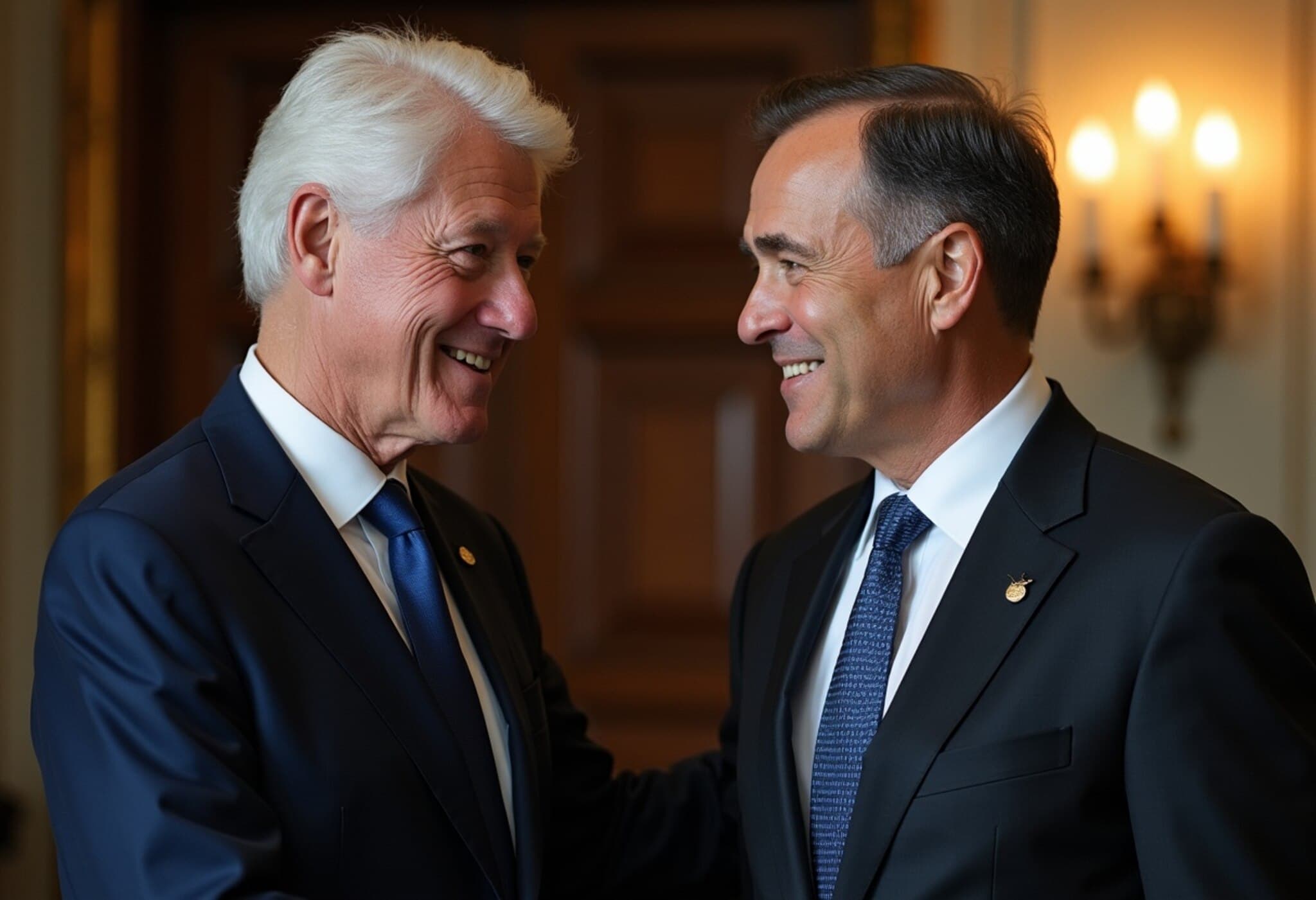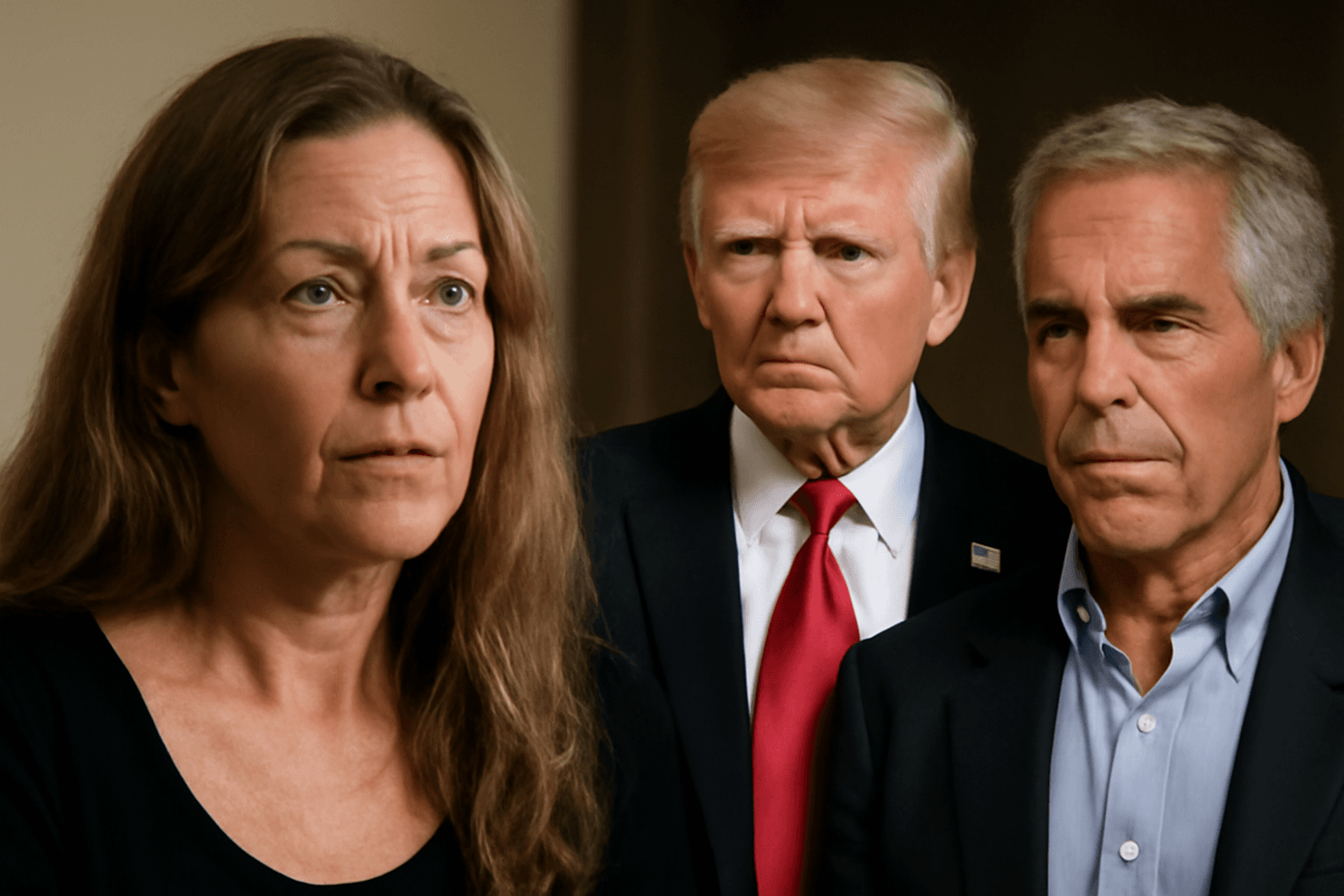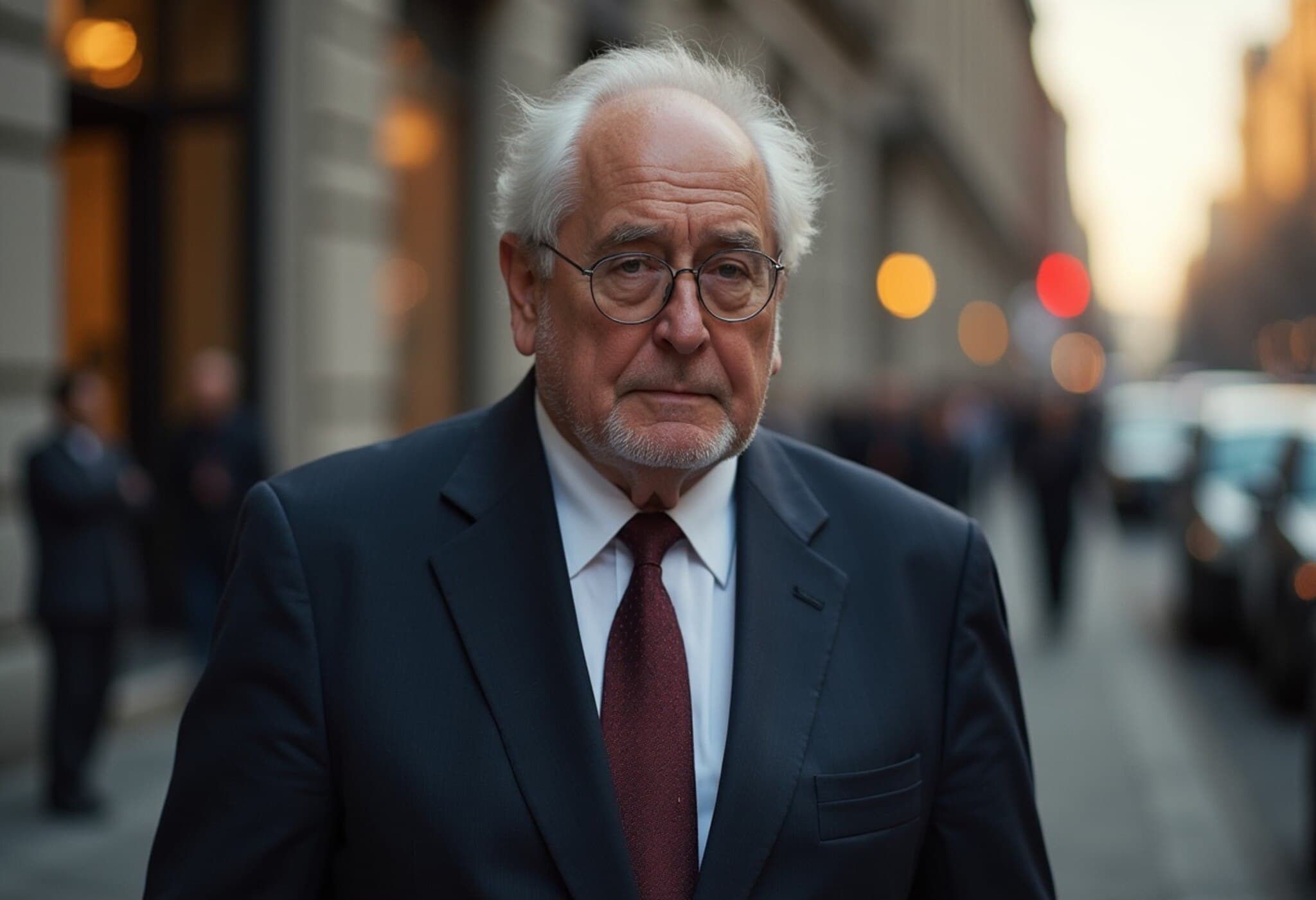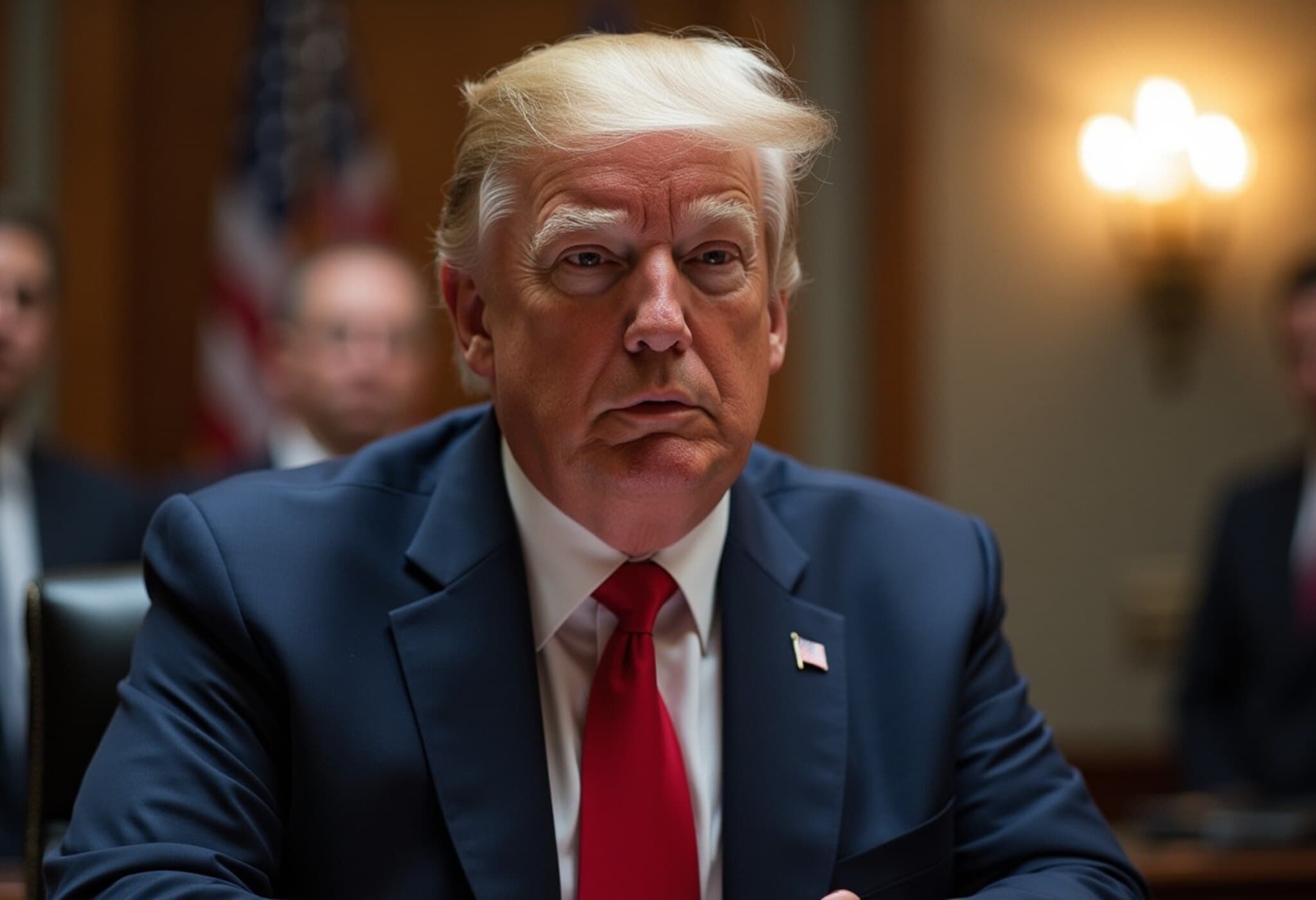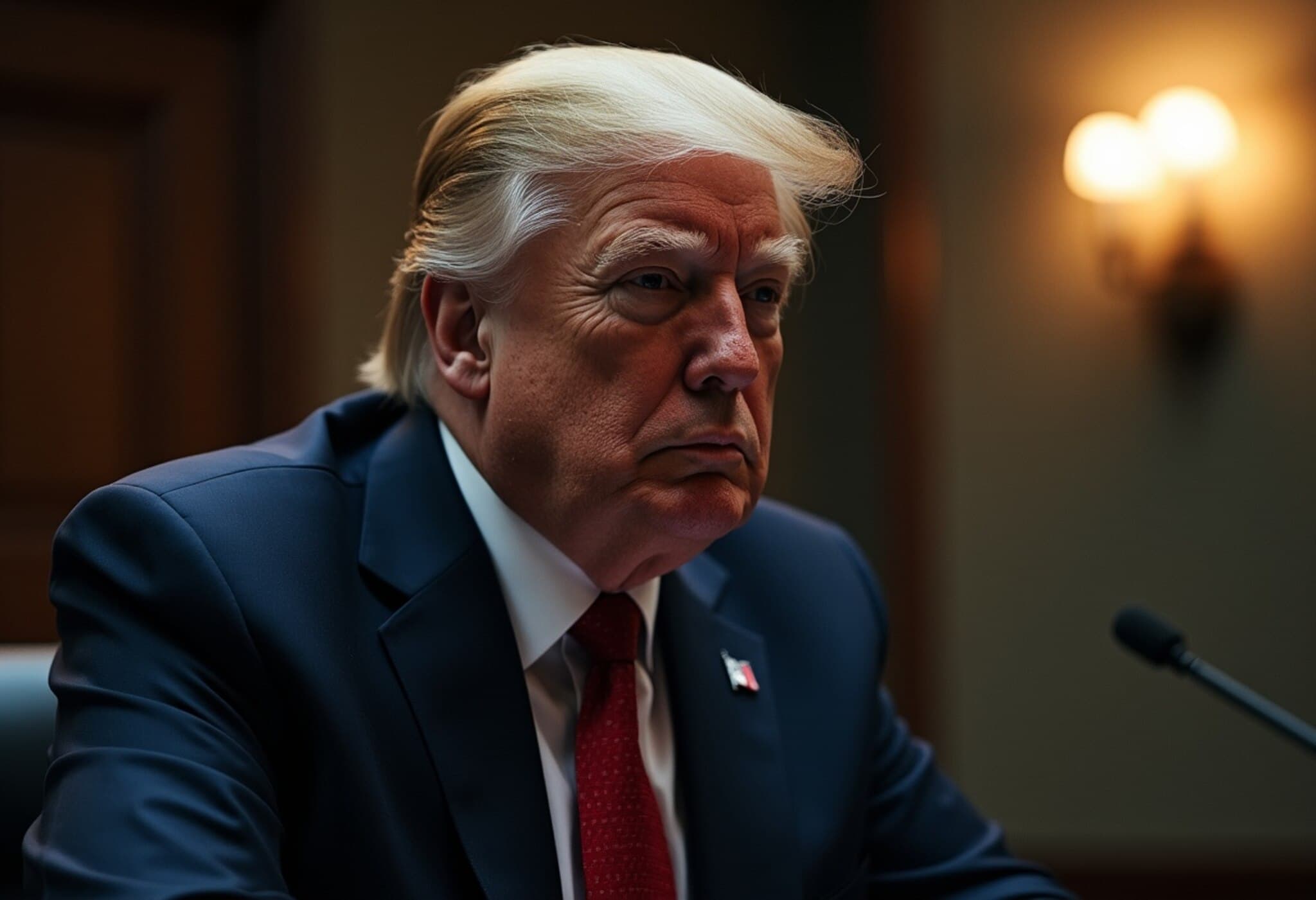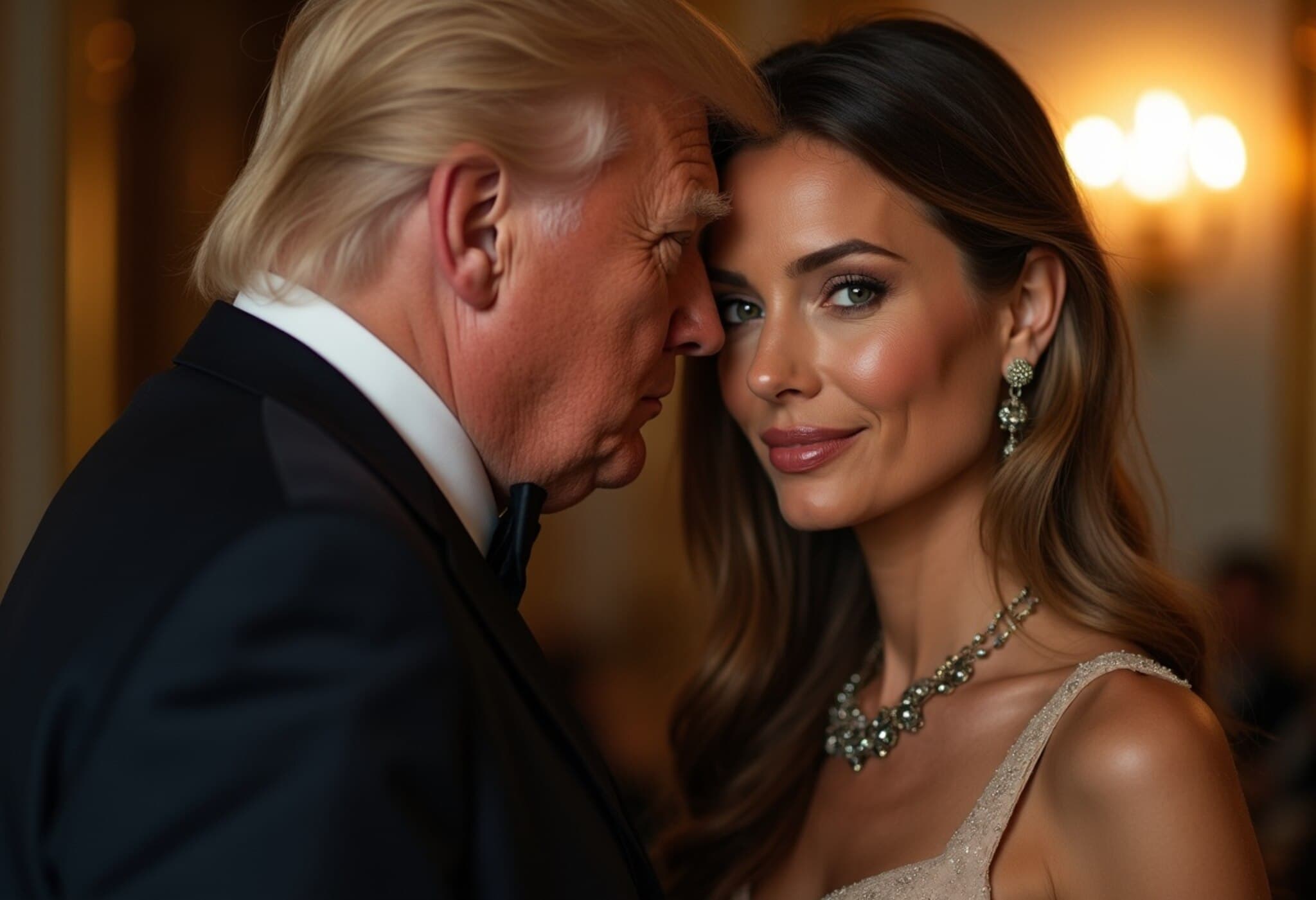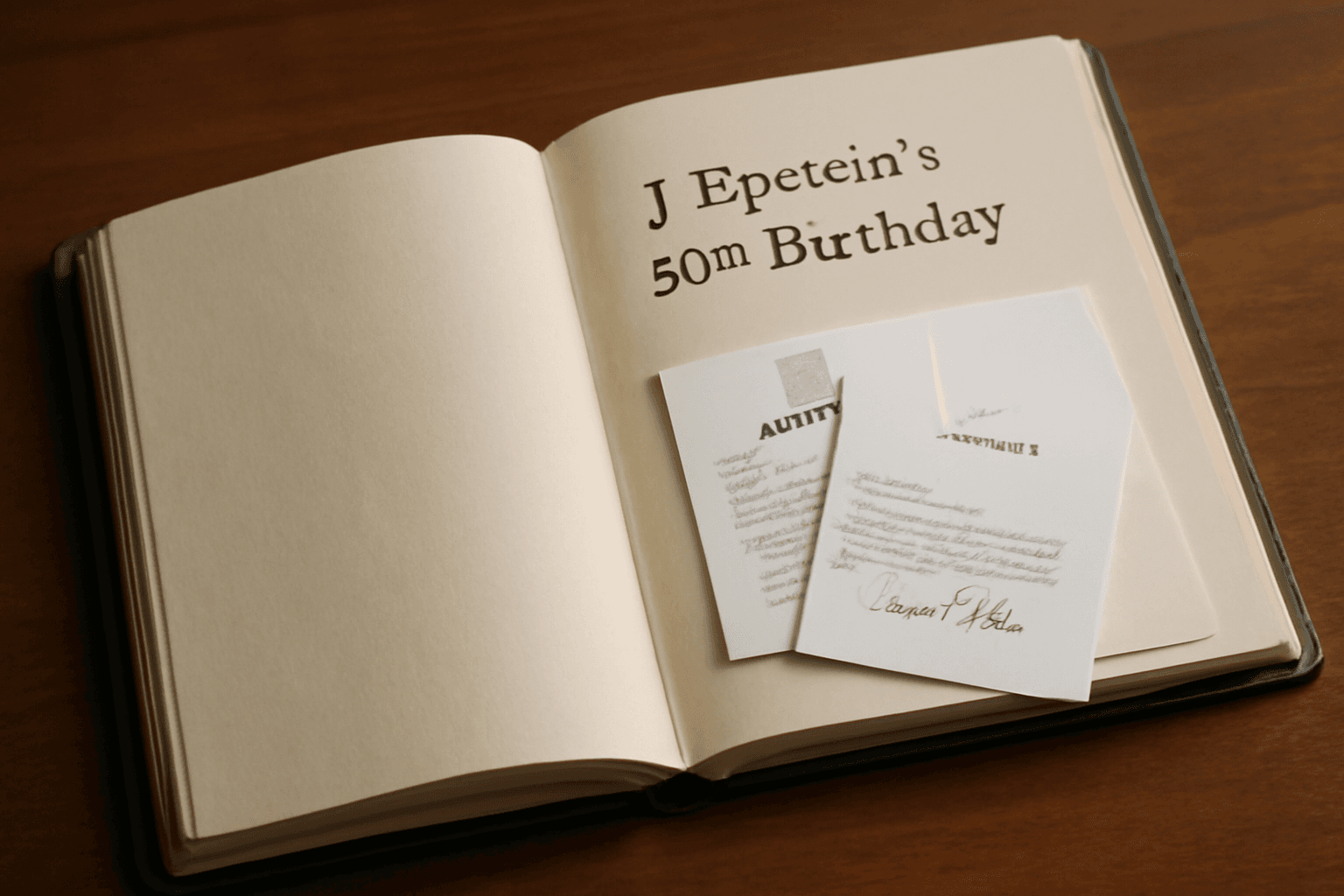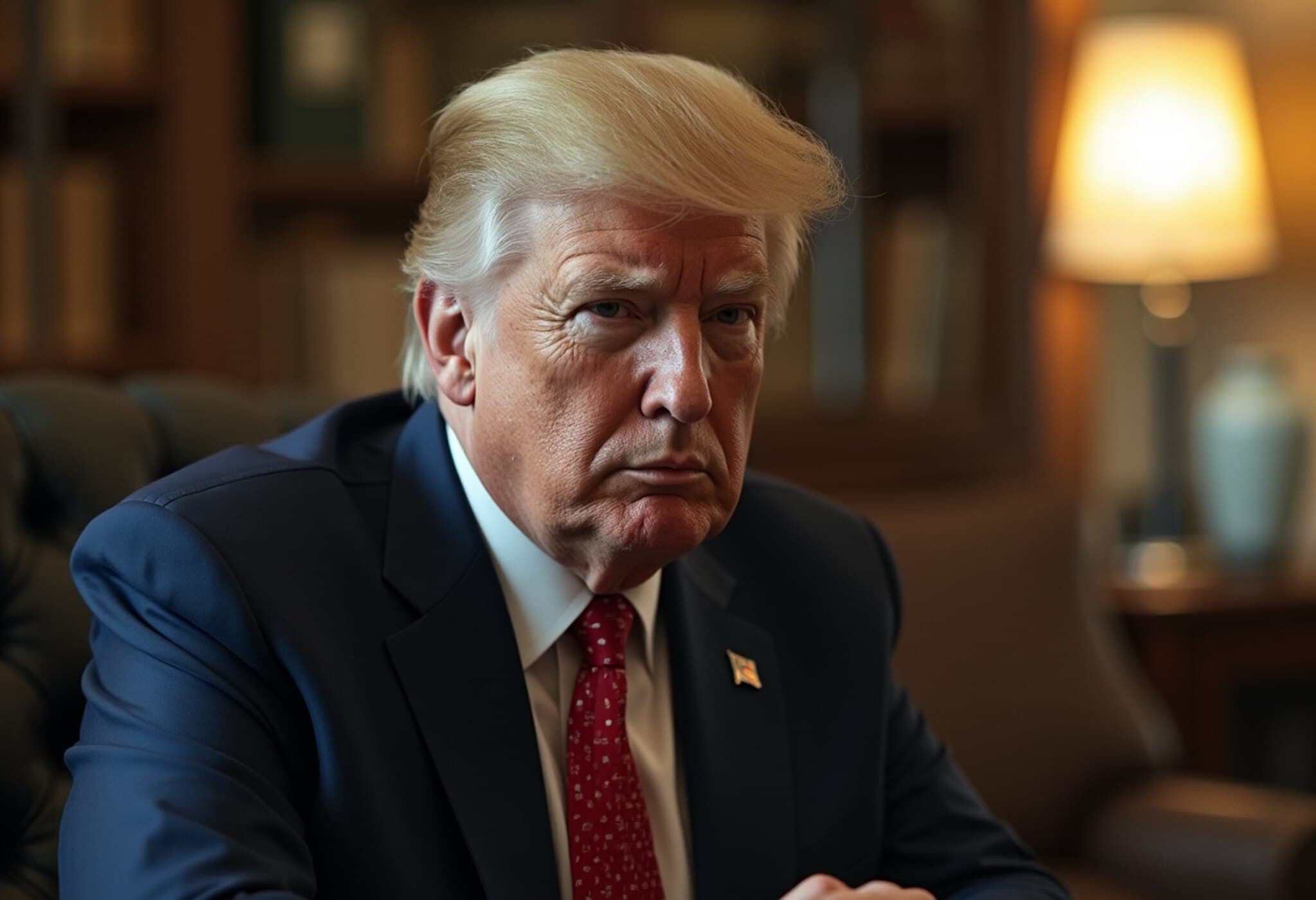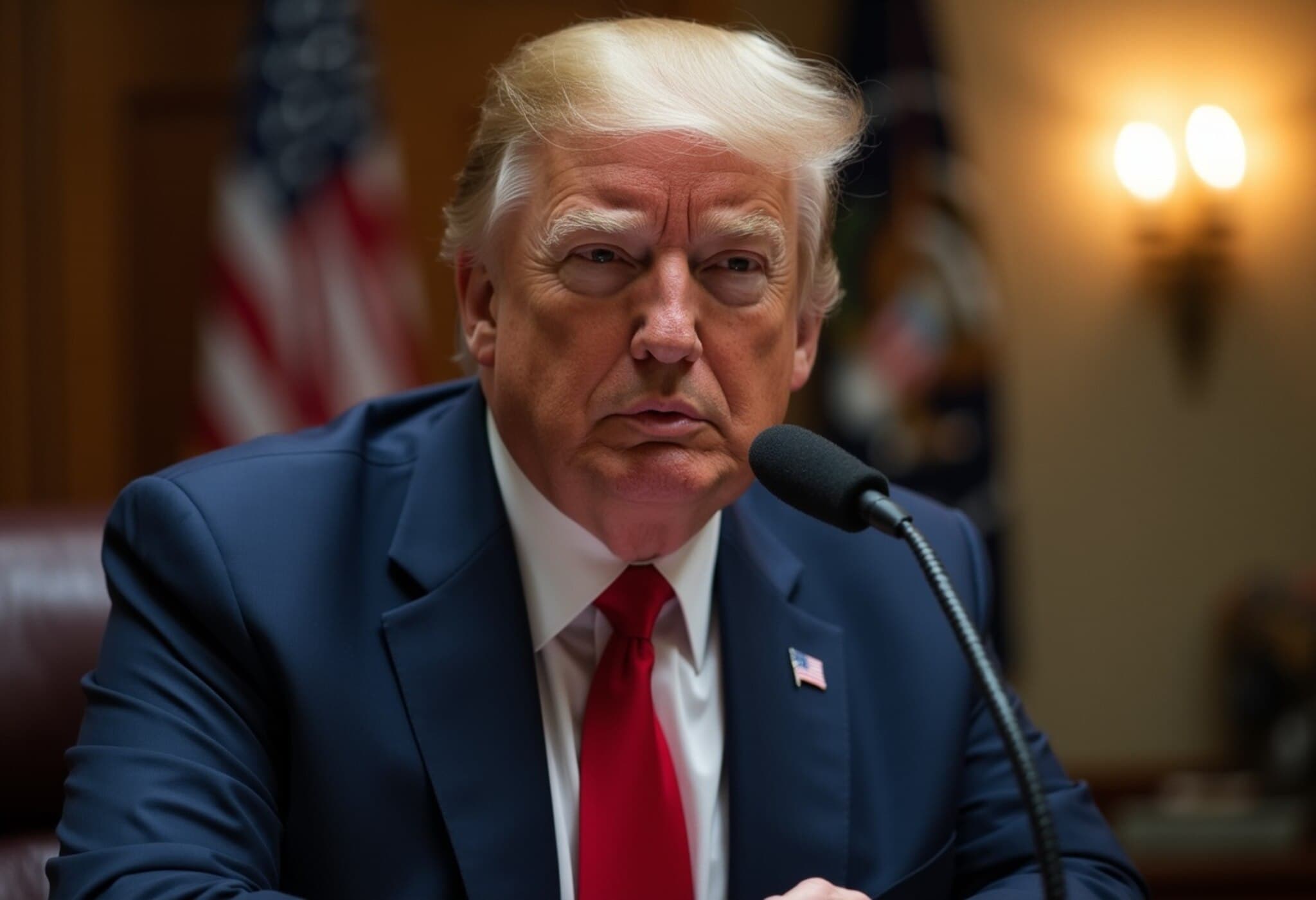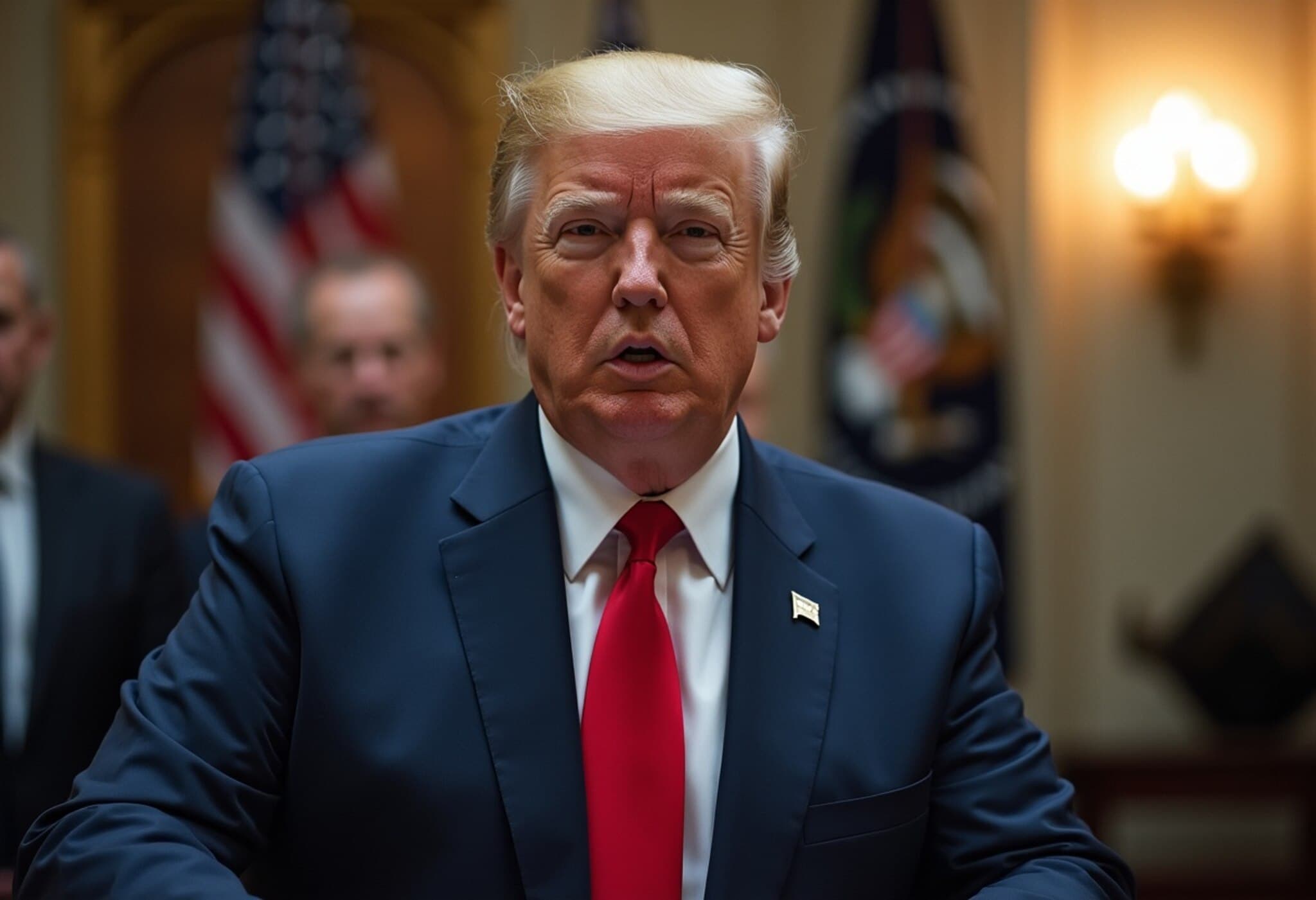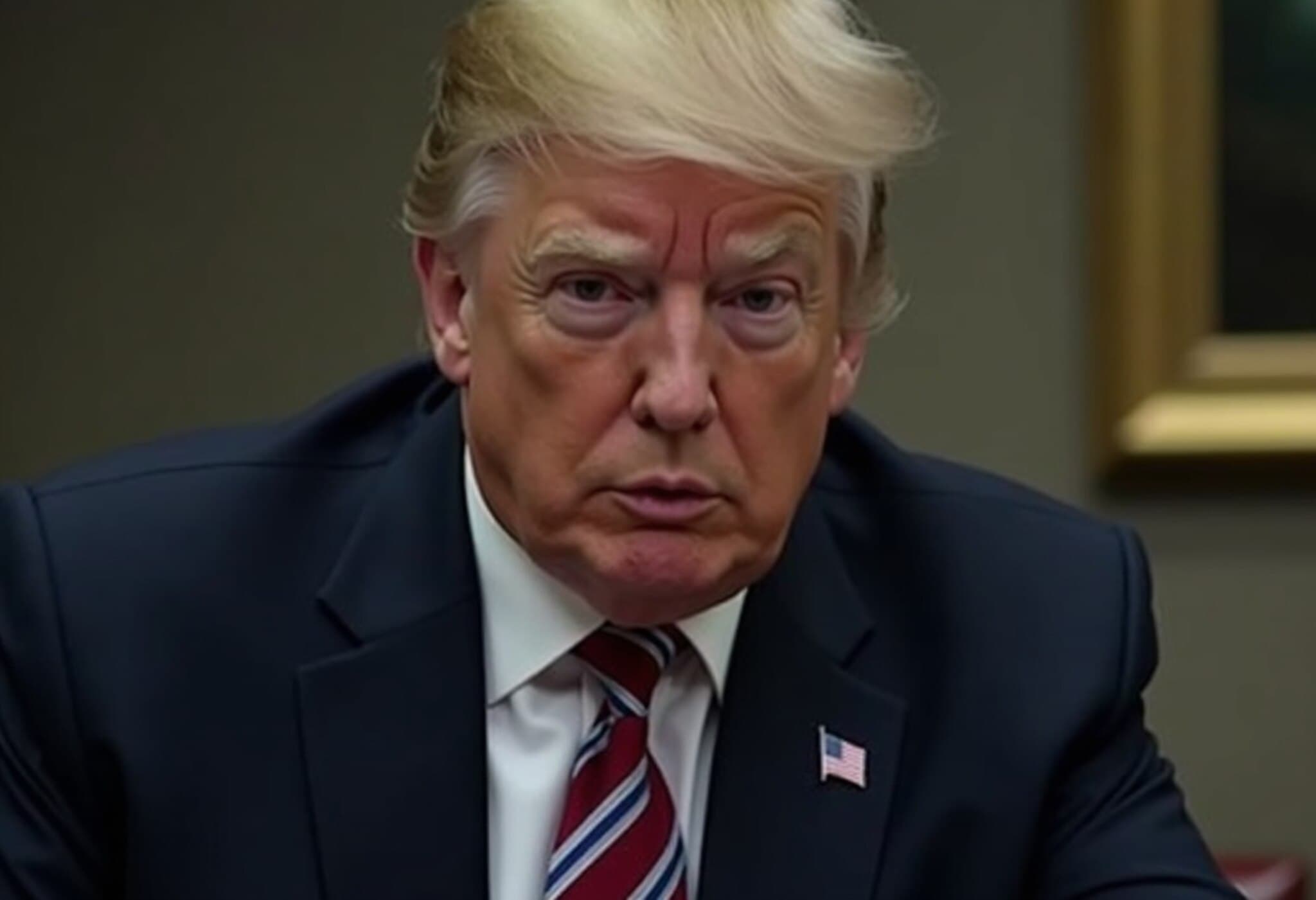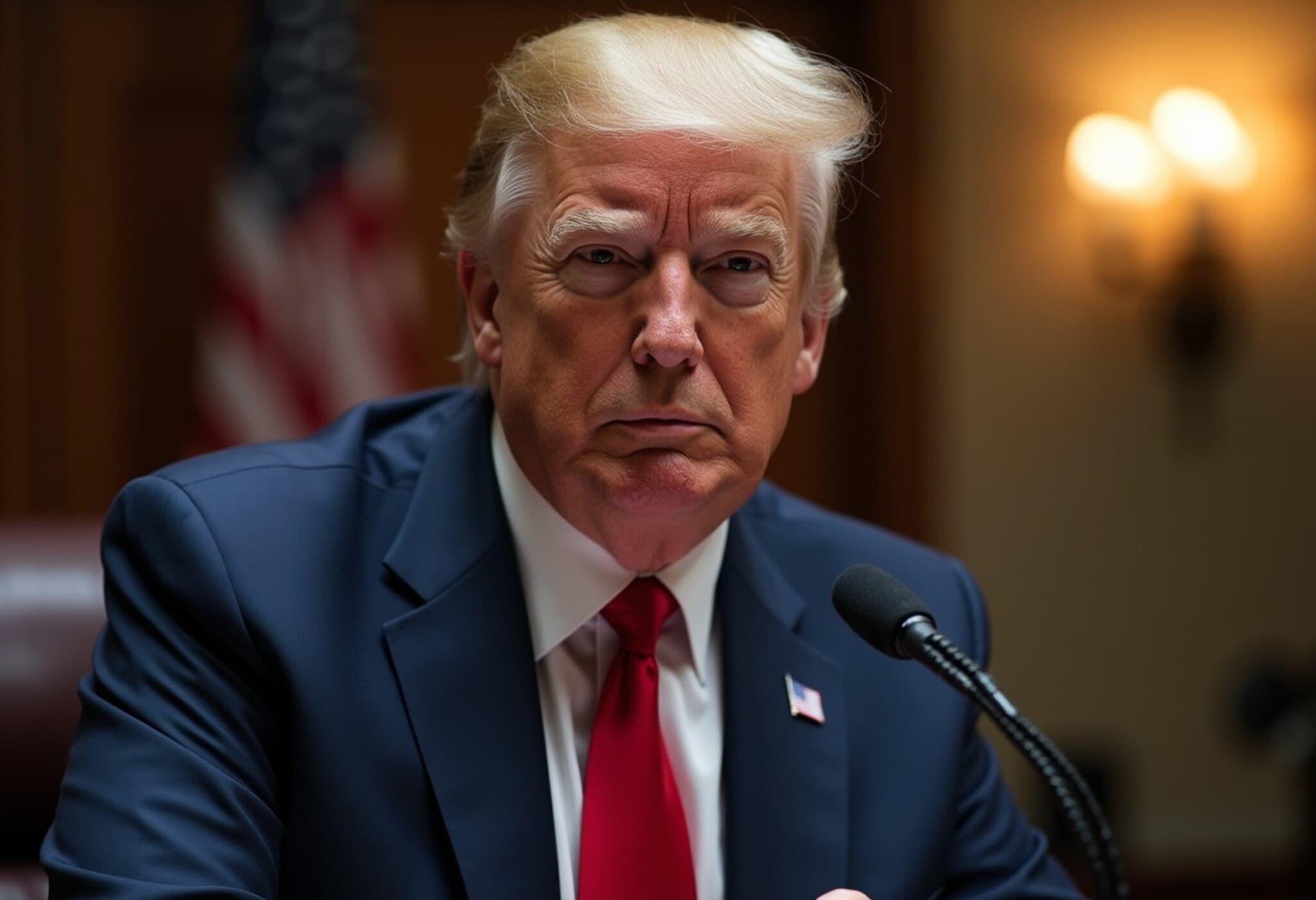Introduction: A Tangled Web of Power and Scandal
In the intricate world where politics, finance, and power intersect, few relationships have sparked as much intrigue and controversy as the connection between former President Bill Clinton and financier Jeffrey Epstein. While Clinton has consistently denied any awareness of Epstein's horrific crimes, their association, marked by shared trips and mutual acquaintances, reveals a nuanced narrative that continues to captivate public attention.
The 2002 African Tour: A Turning Point
Back in the autumn of 2002, Bill Clinton was navigating a challenging post-presidential period, seeking to rebuild his global stature as a statesman focused on combating issues like HIV/AIDS. Enter Jeffrey Epstein—a shadowy financier known behind closed doors as a powerful fixer and philanthropist. When Clinton needed a plane for a whirlwind nine-day tour of Africa, his chief counselor, Doug Band, recommended Epstein’s private Boeing 727 jet, later notoriously nicknamed the "Lolita Express." This aircraft featured multiple private compartments and a "Round Room" — a doughnut-shaped seating area — all under the scrutiny of a closed cockpit door.
This journey became emblematic of their association, blending high-level diplomacy with darker undercurrents. Clinton was accompanied by notable figures including actor Kevin Spacey, comedian Chris Tucker, and Ghislaine Maxwell, Epstein’s close associate and convicted trafficker. Additionally, Chauntae Davies, then a 21-year-old masseuse later alleging repeated abuse by Epstein, was on board, adding distressing layers to the flight's legacy.
Balancing Philanthropy with Infamy
Despite Clinton’s public gratitude towards Epstein for facilitating the trip—calling him a "highly successful financier and committed philanthropist"—the relationship was anything but straightforward. Epstein reportedly used his proximity to influential figures like Clinton to bolster his own reputation, claiming involvement in initiatives such as the Clinton Global Initiative. Photographs from the period, including one showing Clinton receiving a massage from Davies at a Portuguese airport, while legally inconclusive, have deepened public suspicion and damaged reputations.
Behind the Scenes: Advisories and Allegations
Doug Band later revealed discomfort with Epstein’s behavior during the African tour, advising Clinton to sever ties. Nonetheless, the relationship lingered beyond this period. Speculation about Clinton’s visits to Epstein’s private island in the Caribbean, known for horrific abuses, remains contested. Band claimed Clinton visited the island in early 2003, although the Clinton camp offered meticulous travel logs denying such trips.
Moreover, the nature of Clinton’s rapport with Ghislaine Maxwell has drawn considerable scrutiny. Images depict the former president standing with Maxwell comfortably, and she was even invited to Chelsea Clinton’s wedding in 2010—years after Epstein’s initial conviction for sex crimes. So far, there is no verified evidence that Clinton knowingly participated in or condoned Epstein or Maxwell’s criminal activities, but these associations inevitably raise hard questions.
The Political Fallout: Legal and Public Repercussions
Fast-forward to the mid-2020s, and Epstein’s scandal continues to resonate within American political discourse. A significant development includes Congressional efforts to subpoena Bill and Hillary Clinton over their knowledge of Epstein's trafficking network amid ongoing investigations. Dan Bongino, former deputy FBI director, publicly vowed to pursue the story relentlessly, citing undisclosed sources about Clinton's presence with Epstein.
Simultaneously, the administration faces pressure to address sensitive legal maneuvers, such as potential pardons for Ghislaine Maxwell by the current Deputy Attorney General, which could influence the dynamics surrounding testimonies and political narratives. Observers worry about the use of such high-profile cases for political leverage, underscoring the complicated dance between justice and partisanship.
Expert Commentary: Lessons and Unaddressed Questions
Experts in political ethics and legal accountability emphasize that the Clinton-Epstein relationship underscores the dangers when elite networks operate with minimal transparency. The case illustrates how associations with influential but morally dubious figures can tarnish public trust and raise questions about complicity—intentional or not—in criminal wrongdoing.
Crucially, this saga spotlights systemic vulnerabilities in safeguarding victims and holding powerful perpetrators responsible, especially when they are shielded by wealth and political connections. Future policy must focus on stronger protections for whistleblowers and enhanced scrutiny of high-level interactions to prevent similar abuses of power.
Conclusion: A Story Still Unfolding
The Clinton-Epstein connection is emblematic of modern challenges at the crossroads of politics, power, and justice. While much remains to be uncovered, and despite persistent denials, the relationship’s implications ripple through public consciousness and political arenas alike. It raises enduring questions: To what extent were influential figures at fault or merely entrapped by circumstance? How do societies reconcile the pursuit of power with ethical responsibility? And what mechanisms should be in place to prevent the repetition of such dark chapters?
Editor’s Note
- The bond between Bill Clinton and Jeffrey Epstein was complex, blending philanthropy, politics, and scandal.
- Clinton denies knowledge of Epstein’s crimes, yet their prolonged association invites critical scrutiny.
- Questions linger about accountability, the influence of elite networks, and justice for Epstein’s victims.
This evolving story demands continued journalistic vigilance and invites readers to consider how power should be balanced with transparency and ethics in democratic societies.

